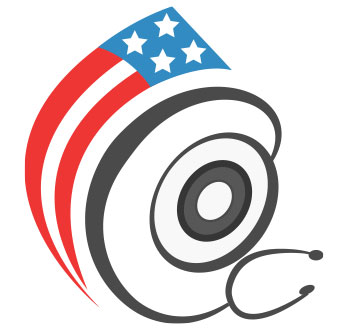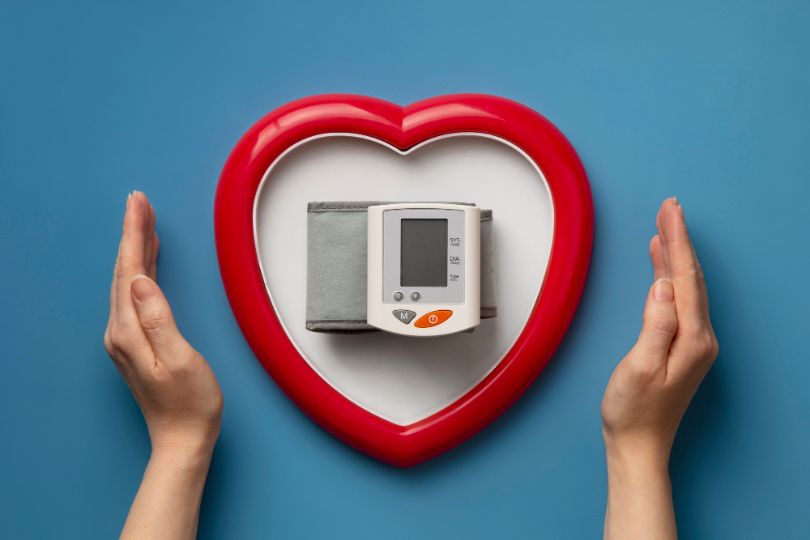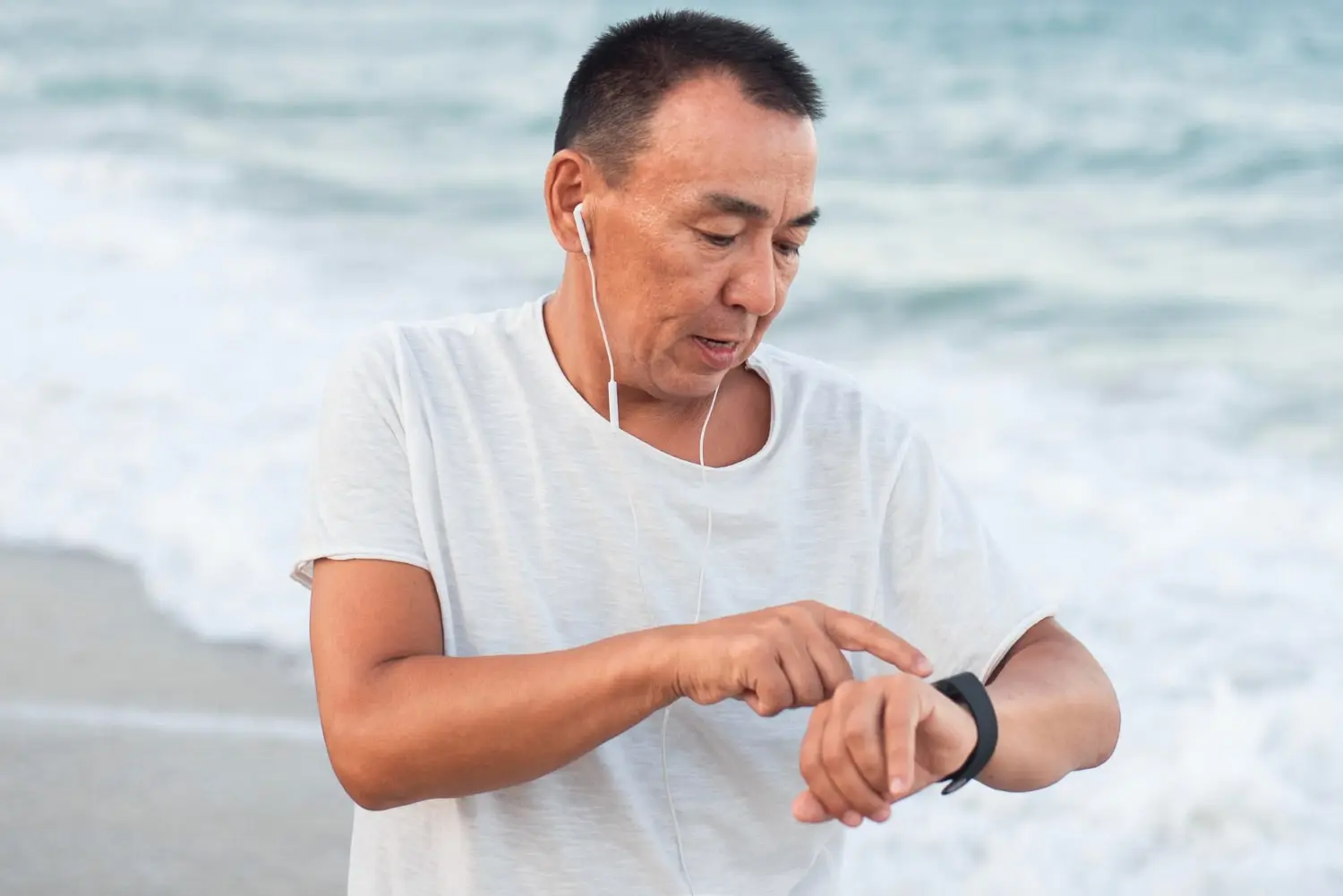Levothyroxine sodium (brand name – Synthroid) is the most commonly prescribed drug to help treat hypothyroidism. Levothyroxine is a synthetic version of the principal thyroid hormone, thyroxine (T4) that is made and released by the thyroid gland. Thyroid hormone increases the metabolic rate of tissue cells in the body.
Levothyroxine works to fuel some metabolic processes. This includes growth and development, and glucose, protein, and fat production in the body.
Hypothyroidism occurs anytime your body’s thyroid hormone production is below normal. Hypothyroidism can cause several disorders. These disorders may or may not directly involve the thyroid gland. Your thyroid hormones directly affect your growth, development and several cellular reactions. As a result, insufficient levels of the thyroid hormone can greatly affect your body.
What Causes Hypothyroidism
Hypothyroidism is a very common condition. Studies show that up to 5% of the population suffers from some form of hypothyroidism. The condition is more common in women than in men, and its incidence increases with age.
Here are the most common causes of hypothyroidism in adults:
- Hashimoto’s Thyroiditis – is the most common cause of hypothyroidism (HT). HT is an inherited autoimmune disease in which the body’s immune system inappropriately attacks the thyroid tissue.
- Lymphocytic Thyroiditis – is an inflammation of the thyroid gland. When the inflammation is caused by a particular type of white blood cell known as a lymphocyte, the condition is referred to as lymphocytic thyroiditis.
- Thyroid Destruction (from radioactive iodine or surgery) – patients who have been treated for a hyperthyroid condition (such as Graves’ disease) and received radioactive iodine may be left with little or no functioning thyroid tissue after treatment.
- Pituitary or Hypothalamic Disease – in some cases the pituitary gland or the hypothalamus are unable to signal the thyroid to make thyroid hormones even if the thyroid gland itself is normal.
- Medications – medications that are used to treat an over-active thyroid (hyperthyroidism) may actually cause hypothyroidism.
- Severe Iodine Deficiency – in areas of the world where there is an iodine deficiency in the diet, severe hypothyroidism can be seen in up to 15% of the population.
Symptoms of Hypothyroidism
- Fatigue
- Weakness
- Weight gain or increased difficulty losing weight
- Coarse, dry hair or hair loss
- Rough pale skin
- Cold intolerance
- Muscle cramps and aches
- Constipation
- Depression and irritability
- Memory loss
- Abnormal menstrual cycles
- Decreased libido
Common side effects
- Chest pain
- Rapid heartbeat
- Shortness of breath
- Increased nervousness or agitation






